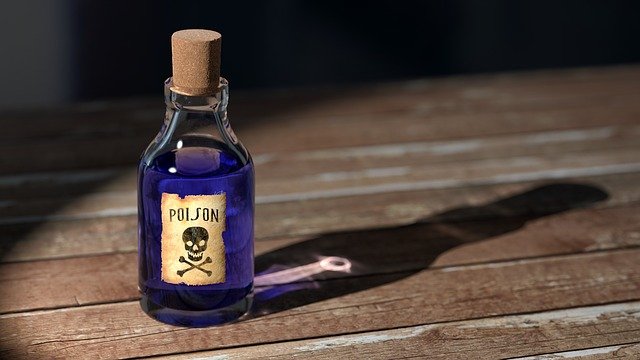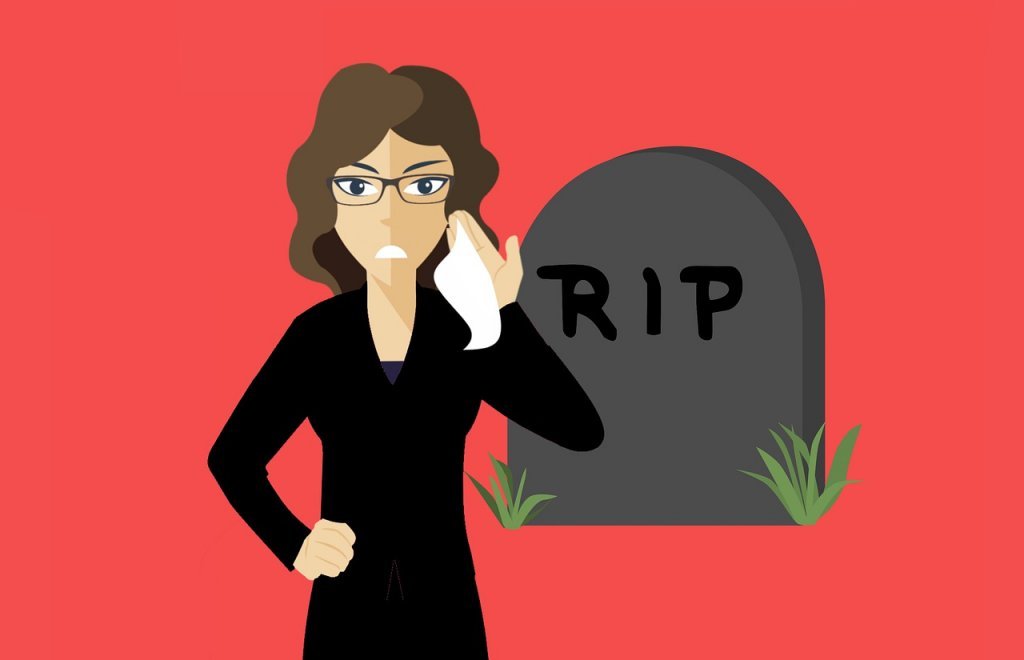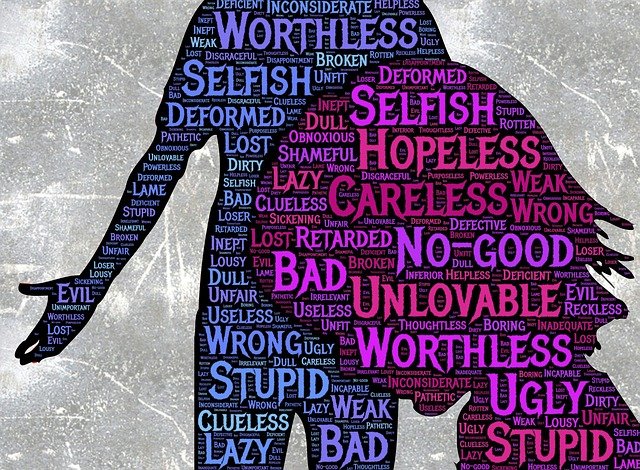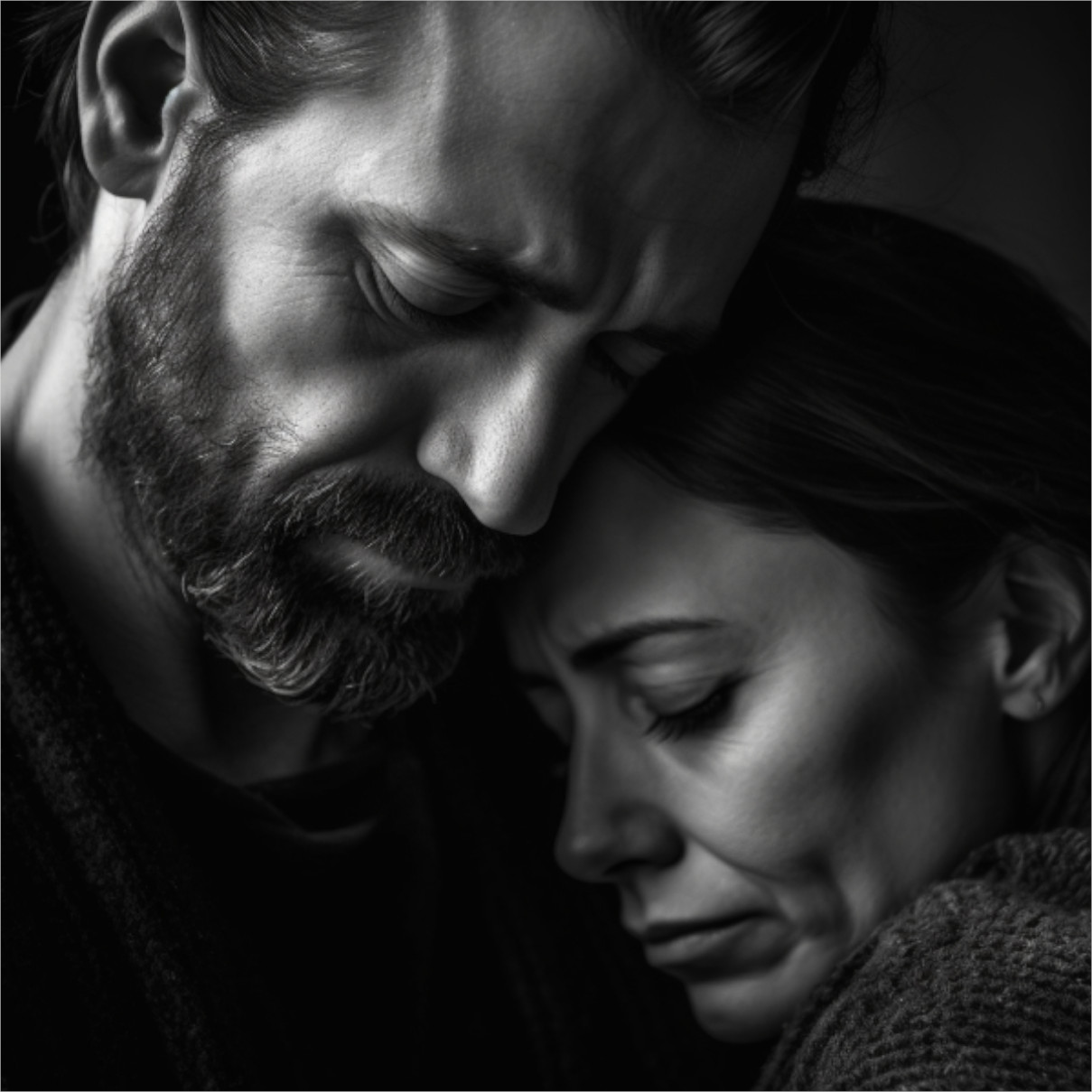This post was most recently updated on April 20th, 2024
So this week my friend got a big surprise. His estranged brother, now considered toxic family, persona non grata, calls up out of the blue and tells him that he and his wife plan on flying across the country to come home for a visit.
Upon hearing the news, my friend then tells their sister the news, and the reaction is pretty much the same. Neither of them are looking forward to welcoming their brother back into town.

I could hear right away that there was some distress in my friends voice, and the distress came because he hadn’t seen his brother for nearly 20 years. Their toxic family sibling just abruptly disappeared 20 years go, without much explanation. No different than a child running away from home.
My friend and his brother were never close. He never understood why they never got along but their relationship was always contemptuous. Even today there’s a lot of animosity between them during their conversations. Oftentimes, their conversation just turns into an all out arguments.

Ironically, this was not the case with his brother and their parents growing up. For the most part my friend’s brother and his parents got along rather well.
Their relationship was good. However, since then, there has been almost no relationship and very few phone calls. There was no phone call this past Mothers day.
So beyond not having a relationship these past few years they’ve been separated, the source of the bad feelings came to a head when their brother who’s coming to visit did not attend their father’s funeral just a few years ago. My friend, his sister, and their mother were deeply hurt by this and have never forgot it.

Now you hear about this all the time. You hear about people not attending a friend or family members wedding or funeral.
Some people consider it rude, some people consider it cold others just don’t understand why someone would not attend a funeral, especially if it’s one of their parents, and especially if that parent treated them rather well during their childhood .
I’ll list a few responses as to why a few people I knew did not attend their family members funeral:
The most common response :
I didn’t attend that person’s funeral because that person was just not a good person they did not treat me or people who I cared about very well, or it’s just the typical toxic family issues.
Some did not attend the funeral not because of disdain for the person that died, but because of other family members that they did not get along with, that they would probably have to see at the wake or funeral.
It’s not like I didn’t care about the person I did care about the person we had a great relationship that’s why I don’t want to go to the funeral I don’t want to see that person in a state of death
A friends sister I knew committed suicide, one sibling did not attend because there were some anger that lingered from that suicide .
A few people told me they view funerals as a ceremony for the living and does nothing for the dead.
Incarceration – the reason for not attending is pretty obvious here
There could be a whole host of other reasons for not attending, but these are probably the most common. The question though remains the same: Is not attending a parent’s funeral justified? Furthermore, is this appropriate if you don’t have a valid excuse , and you are physically able to attend?
Is there even a right or wrong answer here or is it truly based on a personal opinion or belief?
Is this just about etiquette and respect? Or is there a more serious moral and ethical problem that’s being ignored?
Making Sense of it All – the BIG Picture
I think what’s at the heart of this whole thing is how we look and understand life. And in many ways, how we look at and understand death.
“Funerals are just for the living “
Personally, I always understood funerals and wakes as a way to reflect on a deceased person’s life. In a sense, I don’t totally disagree that funerals are for the living. There is some semblance of truth to this belief.
However, I think it misses the BIG picture. A funeral is for the living to acknowledge and honor the life of that person that passed away. In a sense it’s really no different than celebrating a birthday or an anniversary, it marks an important date in a person’s life story.
The funeral or wake just happens to be the final chapter in that life story. Nevertheless, it is no less important than the day that person was born.
Even during my own father’s funeral, there were a few people whom I would have rather not have seen. However, even if I had some sort of hatred for that person, there’s no way I would have laid my father to rest allowing hate and resentment to dishonor his memory.
To permeate and perpetuate resentment, whereby all the good things my late father did for me, my family, and friends, are overshadowed, serves no one.
Now I certainly understand if a parent or family does not allow a young child to attend a wake or funeral of their deceased parent. That might just be too overwhelming for someone very young. There will always be valid exceptions and excuses for not being able to be present at a wake or funeral.
Toxic Family Matters Need to be Dealt with Love
My best advice is, when in doubt, ask Love. Love always knows the answers. It always leads you to truth. Love dictates that you think of others before yourself. That you sacrifice for others before your own well-being, before your own feelings, even before your own pains.
If that person that you love and that passed away brought joy to you, and even brought joy to someone you despise, the common thread there is that that the deceased person’s life meant something to many other persons, not just yourself.
That funeral should be the deceased person’s moment, not yours, just as if it was a birthday or anniversary. So in a sense, the funeral is not just for the living. For a person to truly rest in peace I think it’s very important for everyone to remember that. The moment belongs to the deceased , not to us.
It’s also important that we put animosity towards the people who didn’t attend aside. Being angry at persons that didn’t attend doesn’t accomplish anything. In actuality, that does more harm to the honor and memory of the person’s life all of us should be celebrating. Love endures, even after death.









